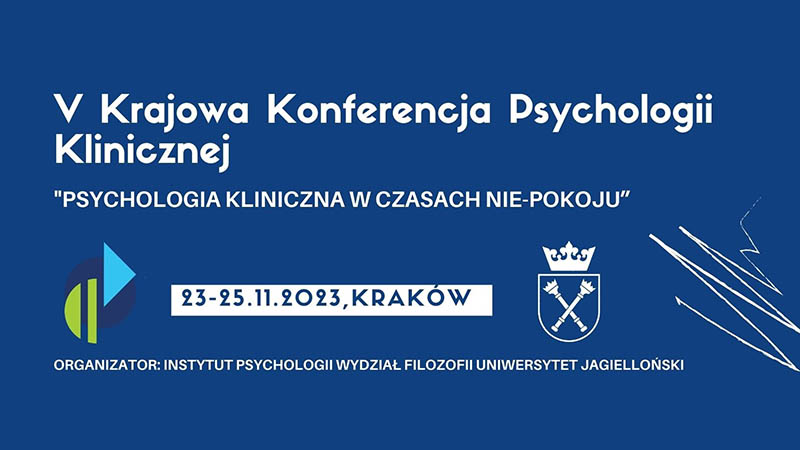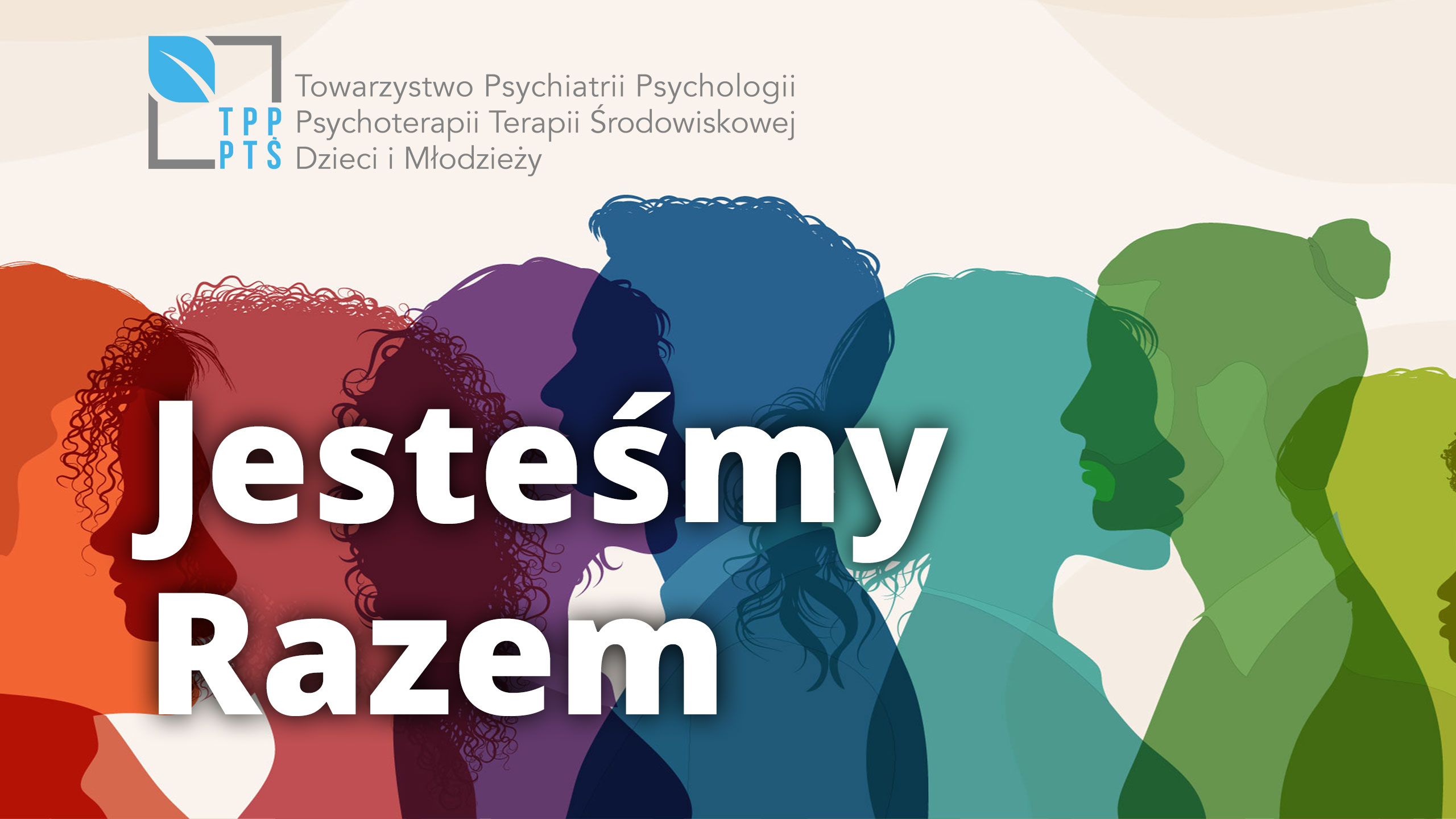The organisation of early childhood developmental support in Poland – the case of Cieszyn and Oświęcim
Barbara Grabowska, Łukasz Matusiak
 Affiliacja i adres do korespondencji
Affiliacja i adres do korespondencjiAim: The aim of the study was to learn about the way in which early childhood developmental support is organised in the local environment. Material and methods: The research was conducted in two county towns among the employees of institutions organising and conducting early childhood developmental support. Results: Different systems of organising early childhood developmental support have been developed in the evaluated towns. In Oświęcim, all the activities (from providing expert opinions, through information campaigns and classes for children, to workshops for parents) are carried out by the Psychological and Pedagogical Counselling Centre. The early support in Cieszyn has developed as a grassroots system (in 2016 two private kindergartens will join the early support offer) and the Psychological and Pedagogical Counselling Centre provides opinions on the need for early developmental support. Conclusions: In Europe in recent years, there has been a significant development in the support strategy targeting both young children requiring early support and their families. Despite the implementation of a government pilot programme in Poland ten years ago, systemic solutions are still lacking. Other European countries implement early intervention to support the development of children diagnosed with developmental disorders or retardation. In the Polish system, however, the child’s support is uncoordinated (the tasks are divided between three different ministries: health, education, and social welfare ministry) and often based on the child’s disability certificate. Some legislative changes should be introduced to enable establishing local centres of early support/intervention. It is also necessary to organise terminology so that children who show developmental disorders could receive immediate support, without waiting for the certification of their disability.















